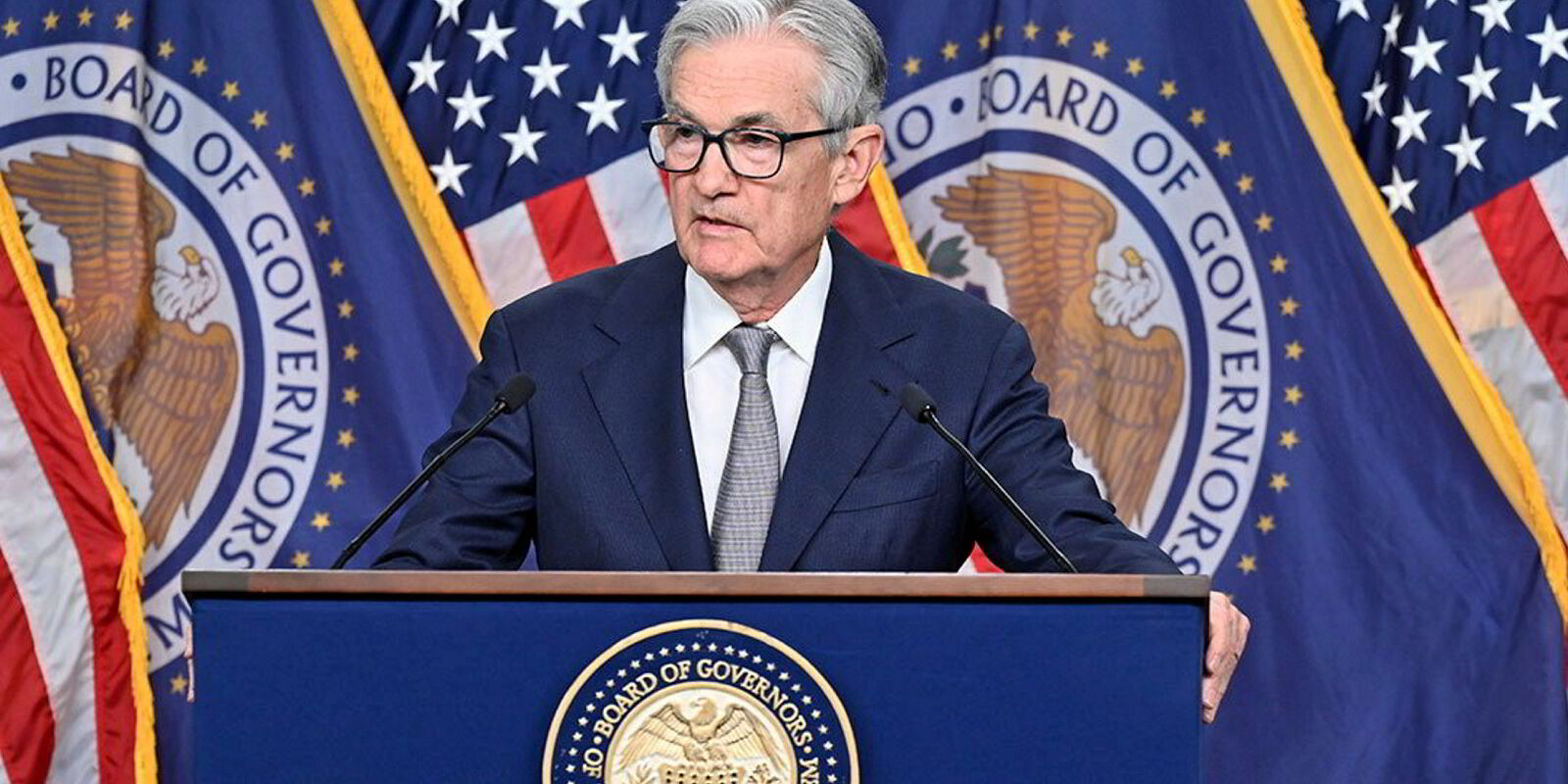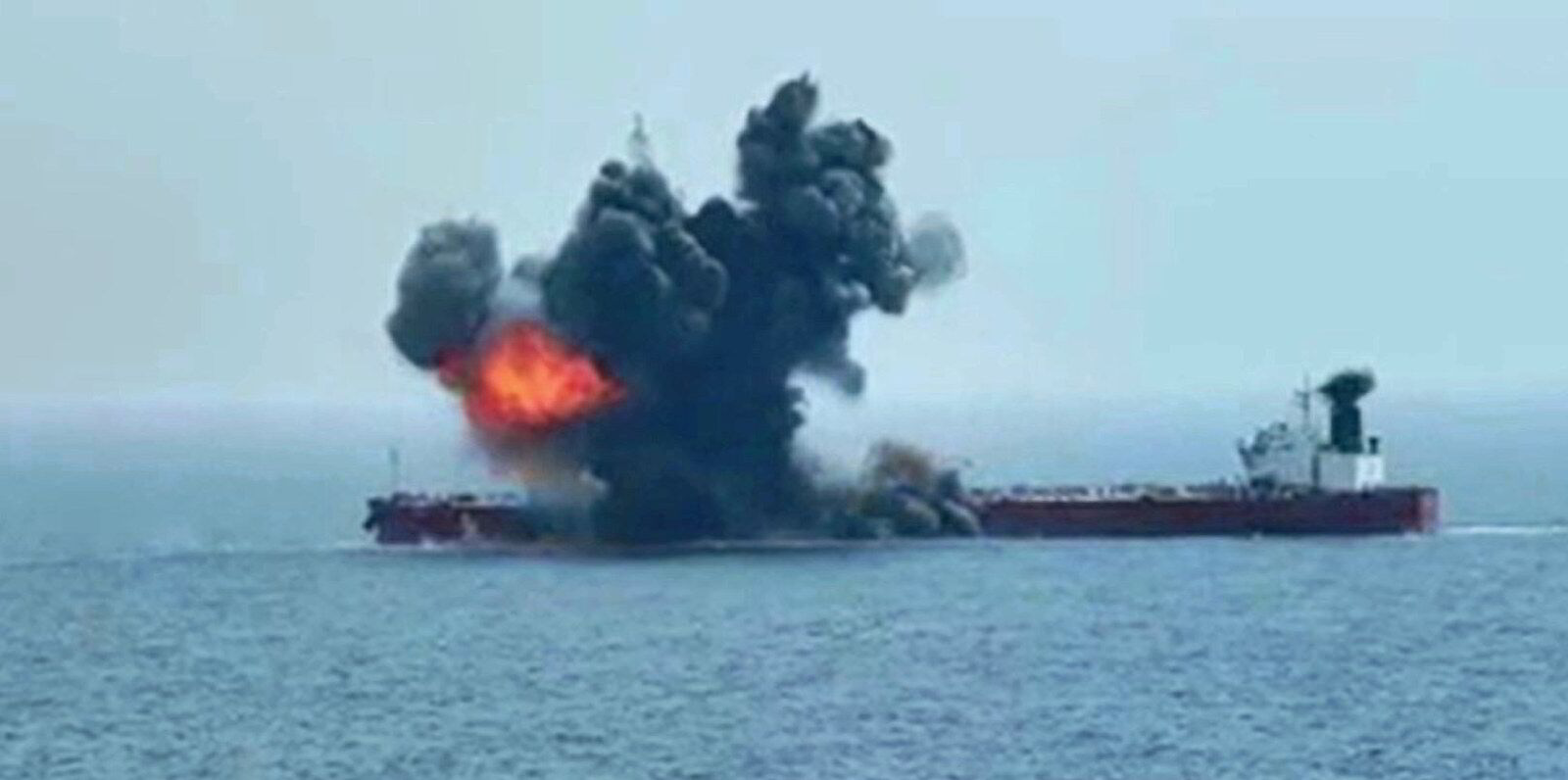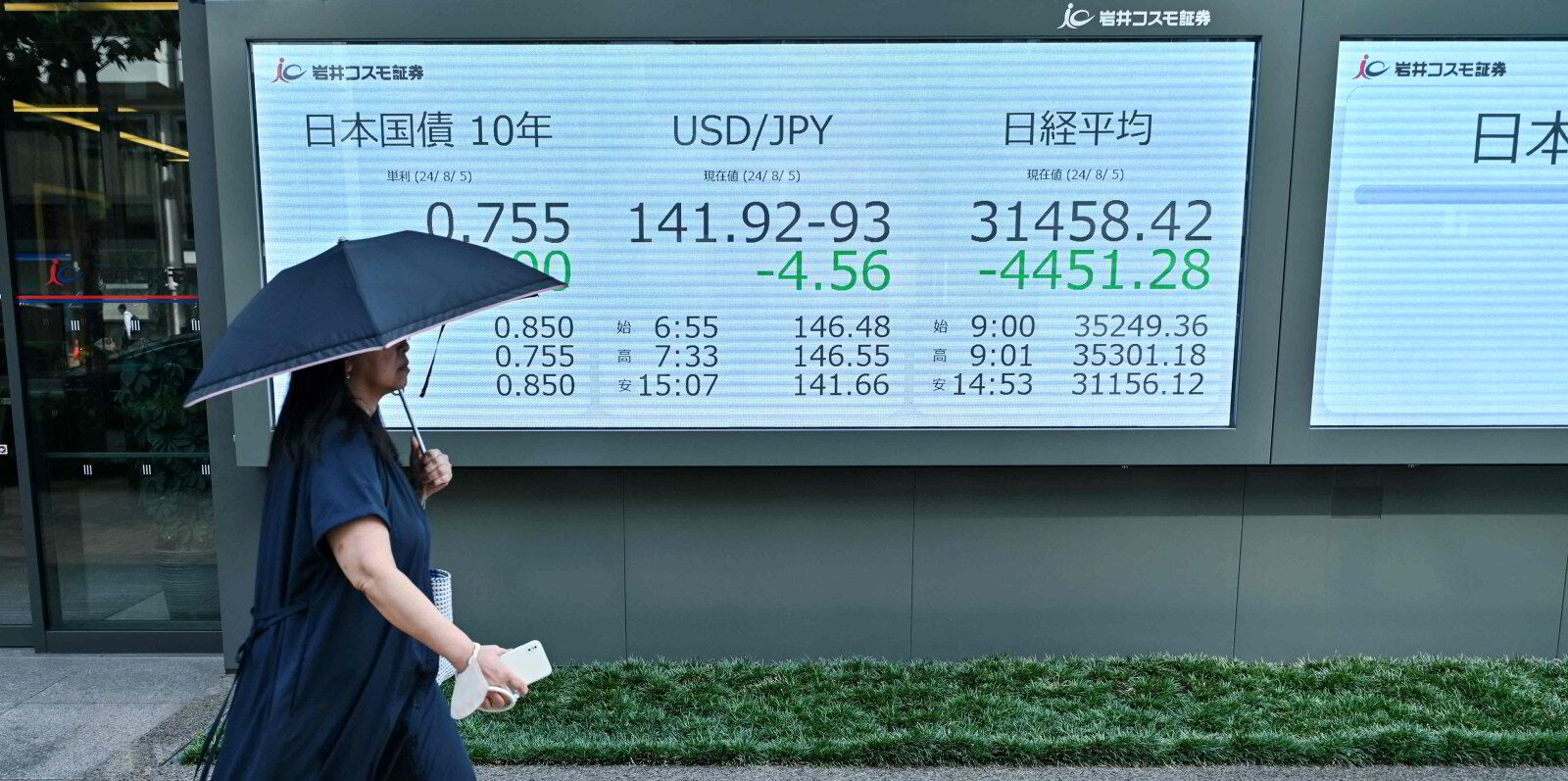Pundits have been blaming fears of a US recession for stock market plunges in recent days. This unseen threat, like a troll lurking under a bridge, is waiting to pounce on the global economy.
And while shipping stocks took a beating, those familiar with the industry know that the impact of any US economic downturn is nuanced — especially given the major impacts black swan disruptions have had in recent years.
US recession risk is, after all, one factor in a swirling soup of uncertainty — some of which could prop up shipping markets even if economic prospects turn negative.
Here are macroeconomic factors that cloud the outlook for shipping:
1. That recession
Even if investors fear the US economy might be headed for a downturn, which could have a negative impact on demand for seaborne trade, not everyone believes it is likely.
Investment bank Goldman Sachs, for example, recently hiked its odds of a US recession in the next 12 months, but the chances are now 25% instead of 15%. It’s still far more likely — a 75% chance — that there will not be a recession.
Talk of a downturn in the US is nothing new. The risk of recession was a major theme last year, but it did not come.
2. Interest rates
But even so, investors’ recession worries have some calling for the Federal Reserve, as the US central bank is known, to cut interest rates.
Earlier in the week, as shares were tanking, the interest rate swap market was pricing in a 60% chance of an emergency rate cut, according to Bloomberg News.

And interest rates matter to shipping, including its cost of capital.
High interest rates, for example, are a key reason Safe Bulkers executives said the company would stay on the sidelines of the capesize newbuilding and secondhand markets.
“Persistently elevated uncertainty around the inflation outlook has led central banks in major economies to become more cautious about the pace of policy easing, compared with the positions at the end of the first quarter,” president Loukas Barmparis said during the company’s earnings call.
“Consequently, market expectations of the number of policy rate cuts to be delivered in 2024 have been revised downward. Upside risk inflation has increased, raising the prospect of higher for longer interest rates in the context of increased policy uncertainty.”
Then Japan hiked its interest rates, contributing to the stock rout.
3. Geopolitical uncertainty
Geopolitical uncertainty has been a major factor in propping up shipping markets since Russia invaded Ukraine two years ago, with the Houthi menace on traffic in the Red Sea adding to the tonne-mile gains that a global reshaping of trade flows has provided for shipping.
Now, the world is on tenterhooks as Iran weighs how it will respond to the assassination of senior Hamas and Hezbollah leaders — raising the spectre of a wider war.

“This situation could potentially raise commodity prices, including crude oil,” Clarksons Securities analyst Frode Morkedal wrote of the Middle East in a note to clients.
“Although the steepening of the backwardation in the futures curve suggests financial incentives to deplete stockpiles instead of importing marginal barrels, a broader conflict could shift this trend. In such a scenario, charterers might rush to book ships.”
All the while, the war in Ukraine rages.
4. Chinese stimulus?
Like the US recession that did not come, economic jitters in China last year highlighted by the ultimate collapse of property developer China Evergrande Group did not ultimately hamper capesize bulker trades that move the country’s iron ore imports.
And with weakness again in view amid a drop in government spending by Beijing, there is hope that stimulus measures could help shipping markets.
“Policymakers have recently indicated plans to increase fiscal support, potentially revitalising economic activity in the coming months,” Morkedal wrote.
“This anticipated increase in government spending could result in an increase in Chinese imports, potentially boosting shipping markets over the next six months.”
5. Trade war
And then there is former US president and presidential candidate Donald Trump.
Vice president Kamala Harris’ move onto the top of the Democratic ticket has breathed new life into hopes of defeating Trump.

But the Republican can still win and his tariff threats, including a 10% duty on all imports and up to 50% on those from China, risk a wider trade war.
“In general, this scenario poses a significant risk to long-haul US exports such as crude oil, oil products, LNG, LPG, chemicals and coal,” Morkedal said.
This uncertainty is a downside risk tempered by low orderbooks in many shipping sectors, while other macro clouds on the horizon offer upside potential. The outcome will depend on various ingredients of the macroeconomic recipe.






